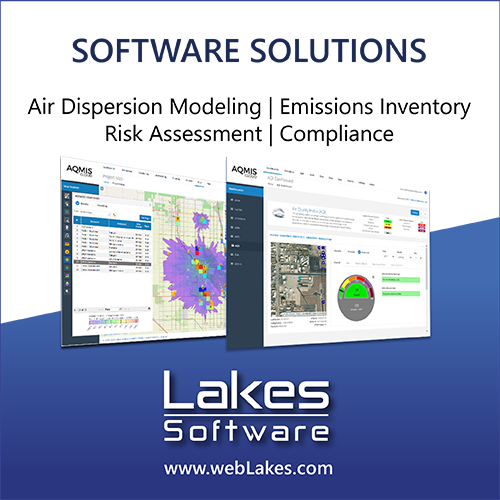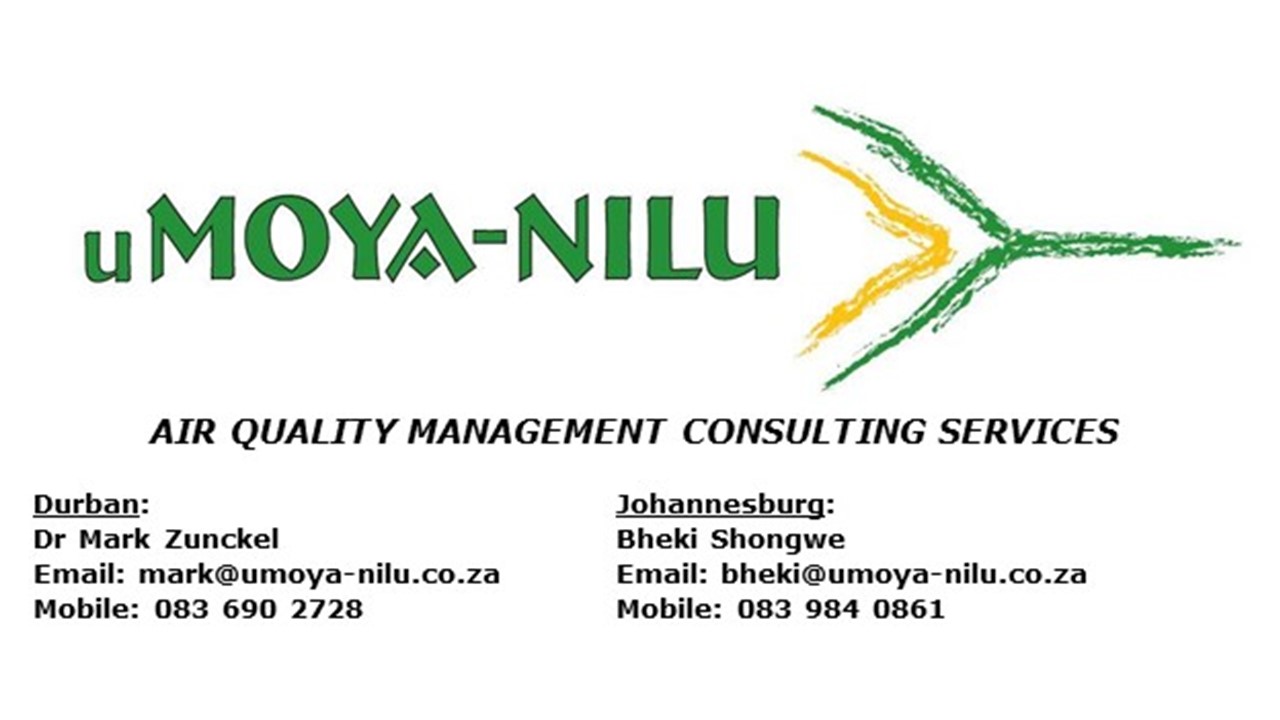Conceptualising air quality management instruments in South Africa
DOI:
https://doi.org/10.17159/caj/2022/32/2.13228Keywords:
Air pollution, air quality management, Instruments, Environmental Management, Conceptualise, Command and Control (CaC), fiscal-based, civil-based, agreement-basedAbstract
South Africa has developed a plethora of air quality management instruments as a means to address and mitigate air quality challenges. However, no holistic conceptualised understanding of these instruments exists to critically inform air quality management and governance. The aim of this paper is to identify existing air quality management instruments and conceptualise them in terms of three broad environmental management approaches, namely Command and Control-based (CaC), Fiscal-based and Civil-based. This allows for a critical understanding of the overall air quality governance framework in South Africa. A literature review methodology was followed to identify the different instruments. The research results suggest an over reliance on CaC, high levels of hybridisation, high level of complexity and an overall lack of synergy between instruments. The research notes that even amidst the plethora of instruments South Africa continues to face serious air quality challenges. We hope that the conceptualisation provided in this paper provides a basis towards a more detailed analysis of the strengths, weaknesses, and performance of different approaches and instruments to ensure more effective air quality governance and management in South Africa.
Downloads
Downloads
Published
Issue
Section
License
Copyright (c) 2022 Phathutshedzo Mukwevho, Francois Retief, Roelof Burger

This work is licensed under a Creative Commons Attribution 4.0 International License.

All articles are published under a Creative Commons Attribution 4.0 International License; copyright is retained by the authors. Readers are welcome to reproduce, share and adapt the content without permission provided the source is attributed.








.png)